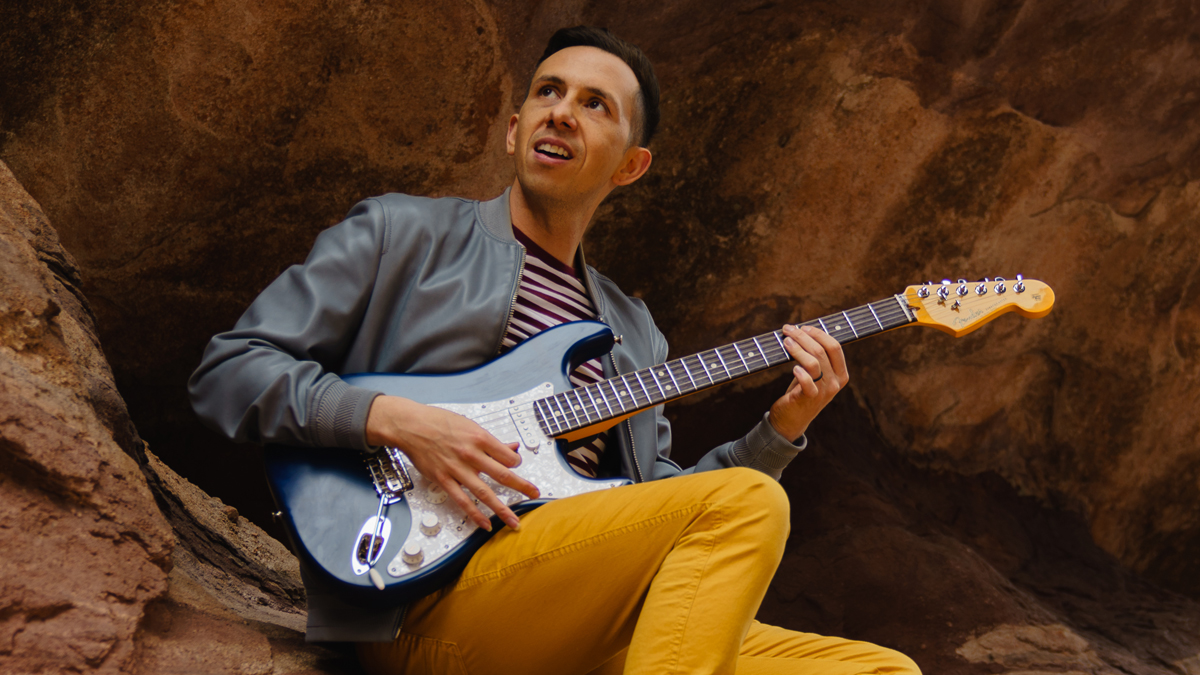A brief introduction to spaghetti western guitar – with tab!
This tasty genre is fun to play, easy on the ears, miles off the beaten path and charmingly weird
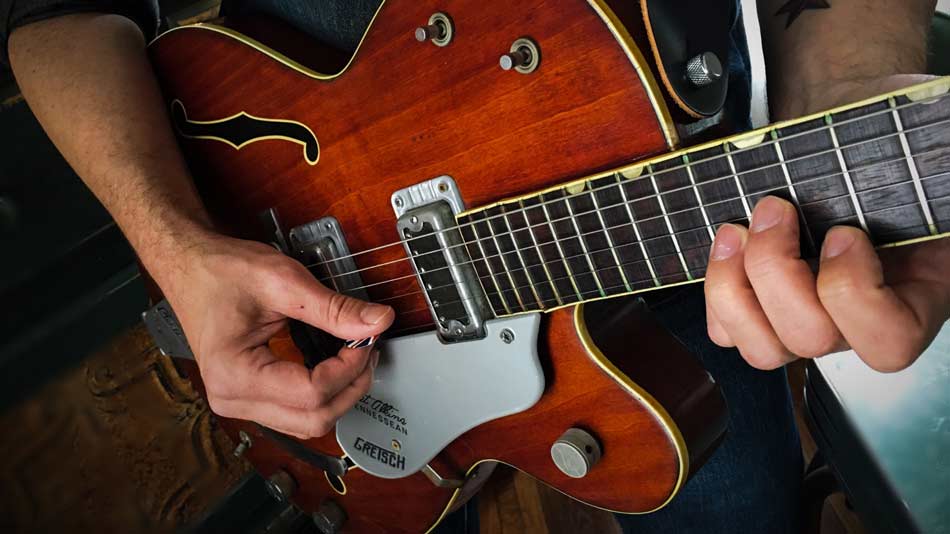
Remember Ennio Morricone’s brilliant theme song from The Good, the Bad and the Ugly, the 1966 Sergio Leone film starring Clint Eastwood, Lee Van Cleef and Eli Wallach? That tune — including the iconic guitar figure that starts around the 47-second mark — helped spawn a mini-genre of music called spaghetti western (which also happens to be the name of the genre of films that inspired the music).
More examples can be found on the soundtracks to other Leone films, including A Fistful of Dollars and For a Few Dollars More. And let’s not forget the music from the Red Dead Redemption games, not to mention the Shadows’ 1960 hit, “Apache,” which pretty much started it all.
“While surf music gives you the feeling of riding the waves, spaghetti western music conjures images of riding tall in the saddle,” says Ted James, owner of Deep Eddy Records in Austin, Texas, a label that specializes in surf, instrumental rock and garage. “Imagine a gunfight, a posse hot on the trail of an outlaw or even a lonely late-night ride through the desert — all while listening to spaghetti western music.” James adds that spaghetti western is a sub-genre of instrumental surf rock, and it might (or might not) include horns, Spanish guitar, unusual percussion and organ. I think you also could throw in a touch of dastardly, dark-sounding late-Sixties-style fuzz guitar. But — to get the point already — spaghetti western guitar music is charmingly weird and damn fun to play.
Check out “Comanchero,” a tune I wrote and recorded with Mister Neutron in 2006 (transcribed here by Jimmy Brown). It combines a host of “spaghetti western” earmarks in its two minutes and 18 seconds. There’s reverb-coated electric guitar (a 1966 Gretsch Tennessean), two acoustics, one trumpet (overdubbed three times to sound like a crazy mariachi orchestra) plus a Vibraslap and bongos. And let’s not forget the bass and drums, which are working hard to sound like a stressed-out horse galloping through dusty ol’ Mexico — or even dusty New Mexico!
If you write and record original music in the hopes that something will be picked up for use in a TV show or film, note that this song has been used in a few small-time things (including a Scandinavian TV show). Filmmakers often look for “western movie”- type music. Still no inquiries from Quentin Tarantino, though!
Spaghetti western guitar — like surf rock in general — isn’t big on bending strings, so try to play it straight. Also, try to avoid spring reverb, which is associated with surf and never sounds right when applied to spaghetti western guitar. Instead, opt for hall, chamber or plate reverb; or ignore my advice and use spring! Attempt to keep the melody simple and let the track’s atmosphere and instrumentation do a lot of the talking. That said, there probably should be at least one solid “hook” — a figure that grabs you by the bullet-riddled poncho and draws you in. In the case of “Comanchero,” it first appears at the 30-second mark and reappears several times. In fact, you can check out the song’s main melody — and the aforementioned hook — in the tab at the bottom of this story.
There aren’t too many spaghetti western guitar lessons on YouTube, but you can find clips dedicated to the theme from The Good, the Bad and the Ugly (there’s even tab available for one Good/Bad/Ugly lesson).
If nothing else, I hope this inspires you to branch out and try something different, something off the beaten path. As long as you’re playing guitar, you’re on the right path, beaten or not.
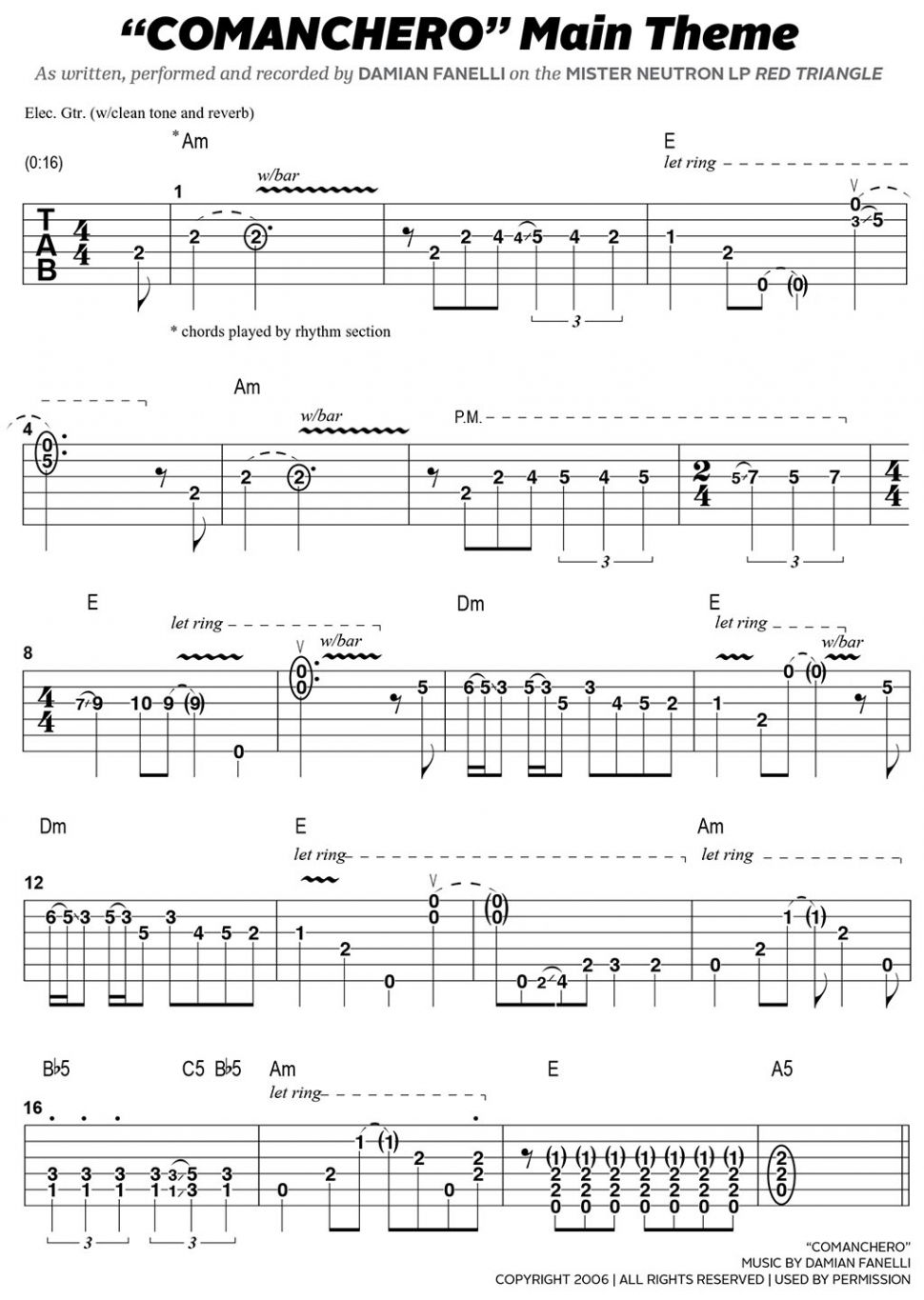
Get The Pick Newsletter
All the latest guitar news, interviews, lessons, reviews, deals and more, direct to your inbox!

Damian is Editor-in-Chief of Guitar World magazine. In past lives, he was GW’s managing editor and online managing editor. He's written liner notes for major-label releases, including Stevie Ray Vaughan's 'The Complete Epic Recordings Collection' (Sony Legacy) and has interviewed everyone from Yngwie Malmsteen to Kevin Bacon (with a few memorable Eric Clapton chats thrown into the mix). Damian, a former member of Brooklyn's The Gas House Gorillas, was the sole guitarist in Mister Neutron, a trio that toured the U.S. and released three albums. He now plays in two NYC-area bands.
“There are so many sounds to be discovered when you get away from using a pick”: Jared James Nichols shows you how to add “snap, crackle and pop” to your playing with banjo rolls and string snaps
Don't let chord inversions bamboozle you. It's simply the case of shuffling the notes around
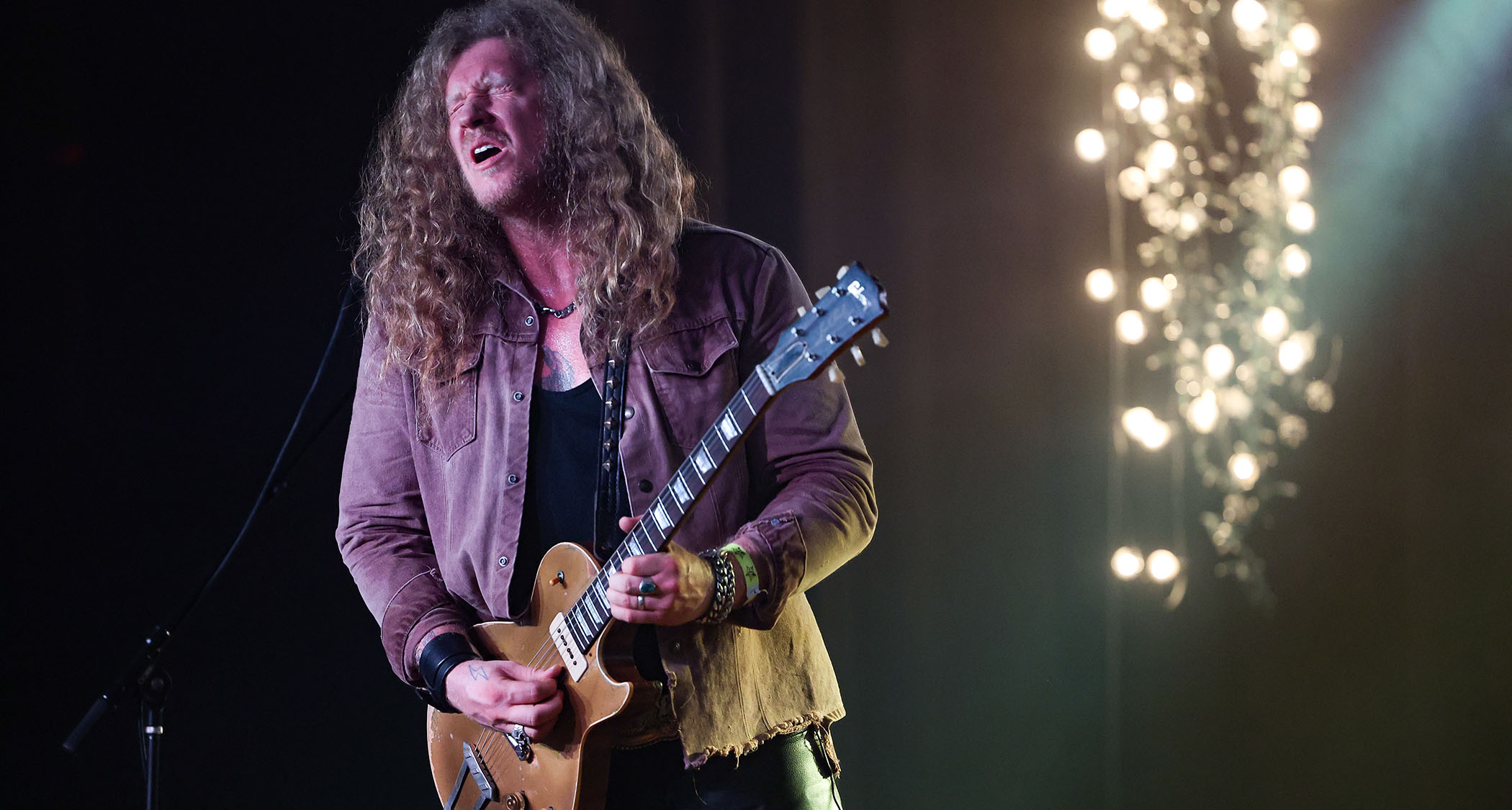
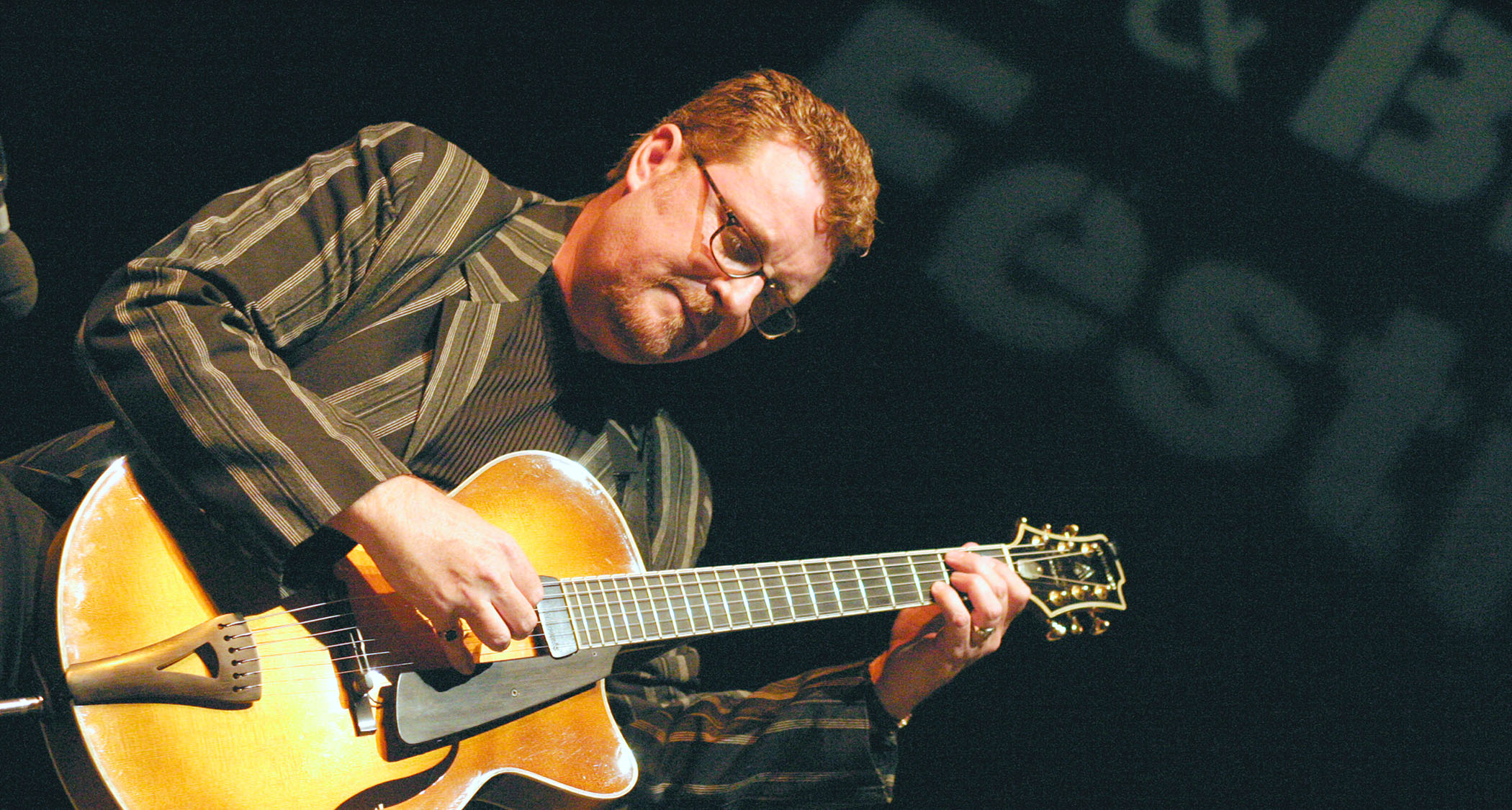
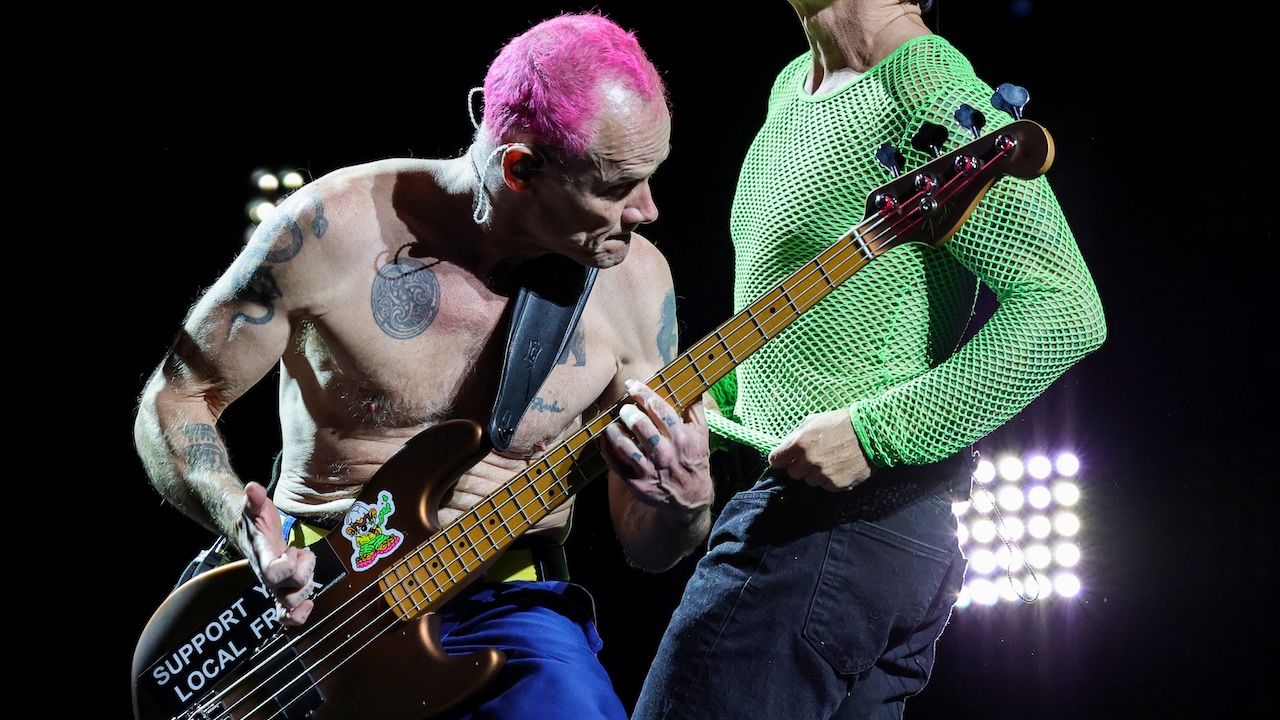
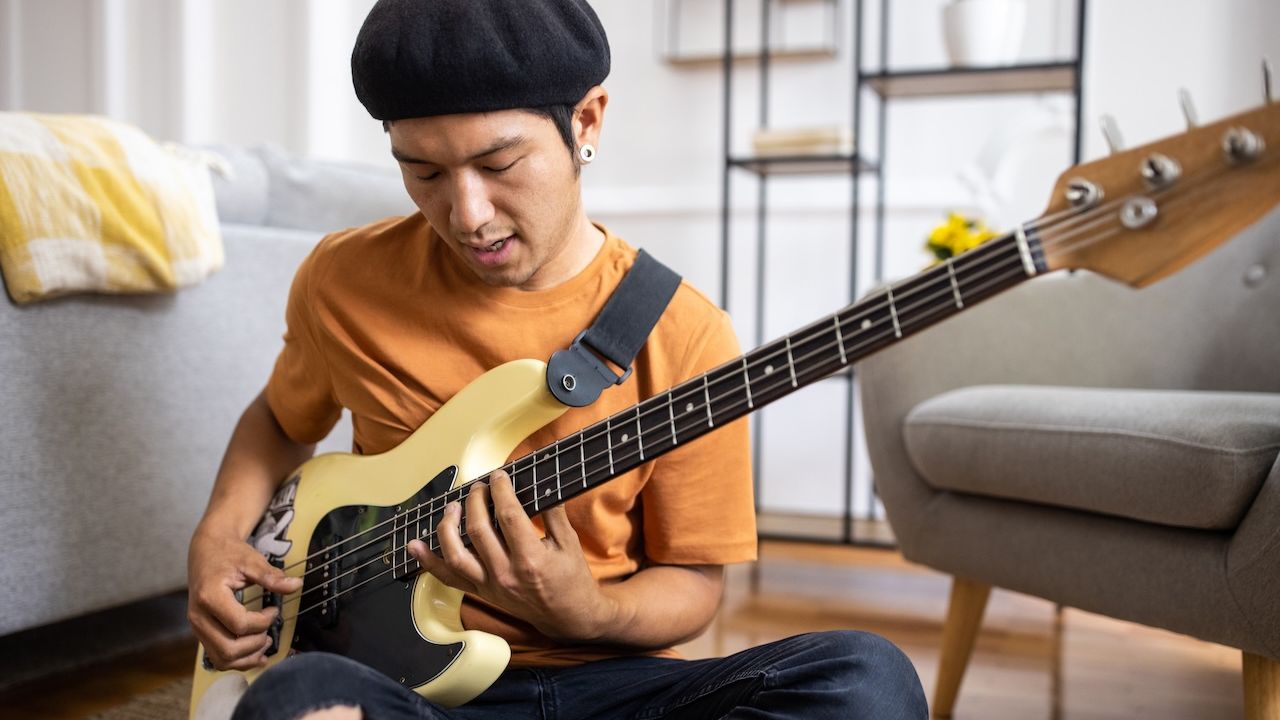
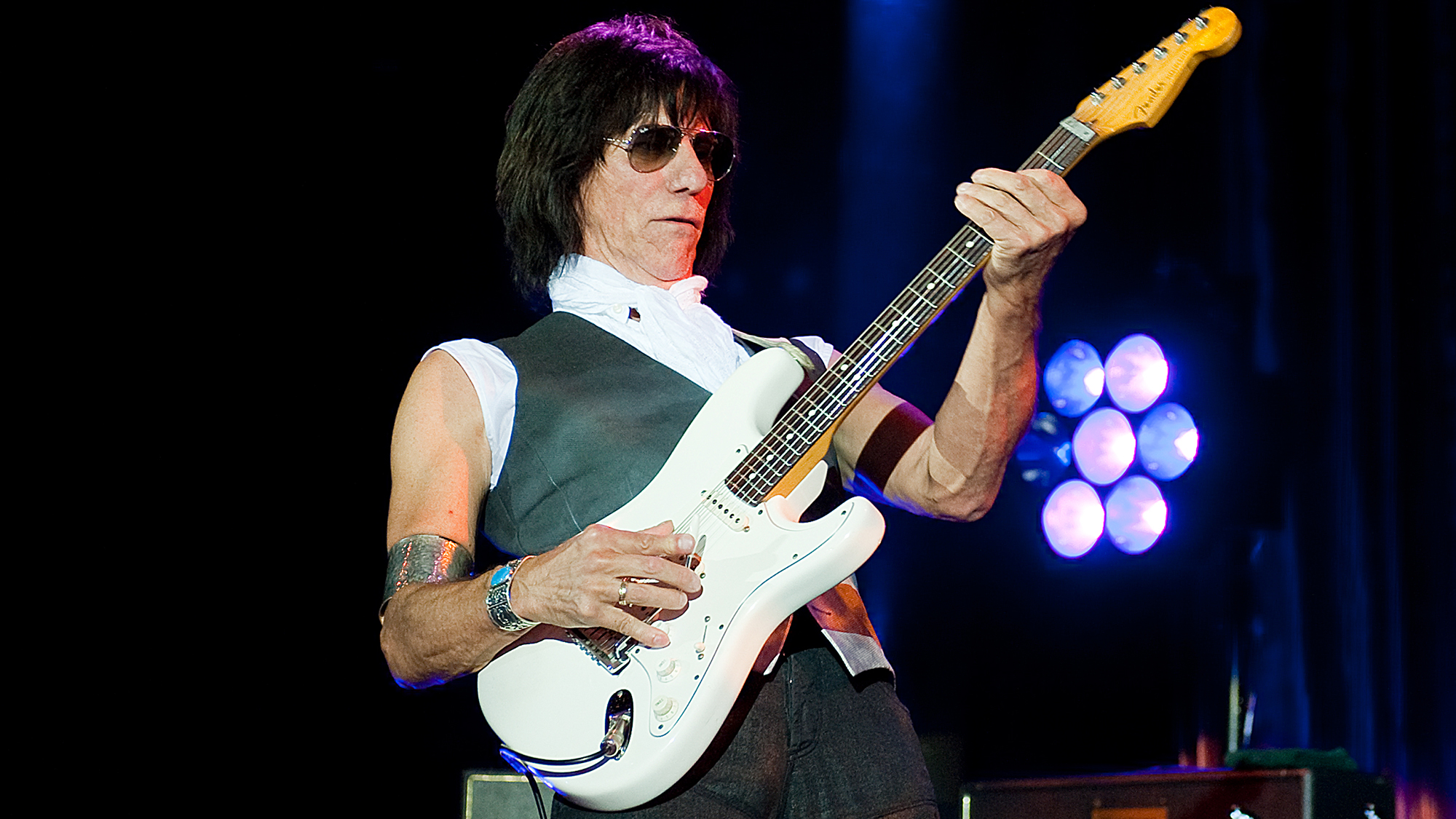
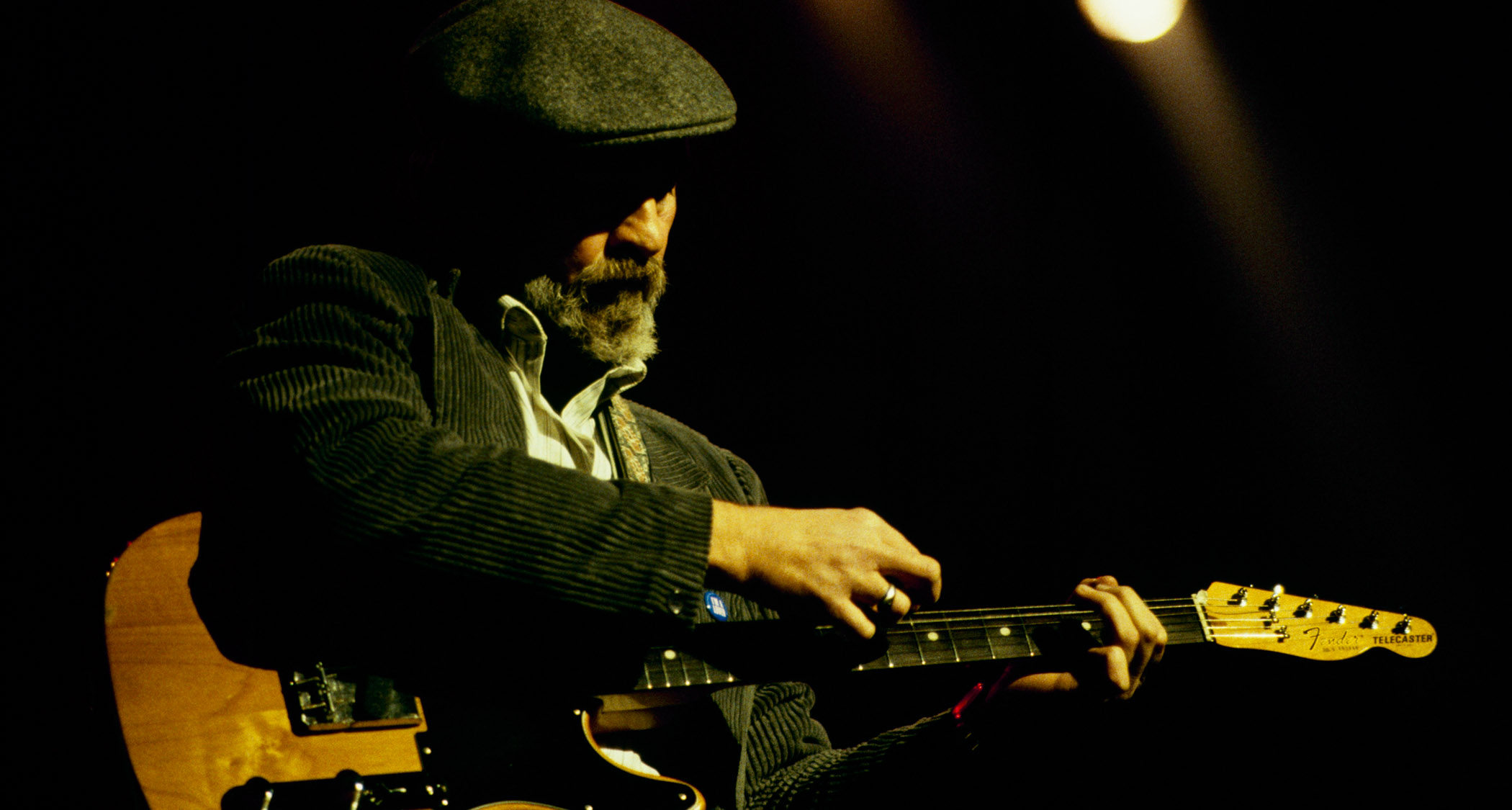
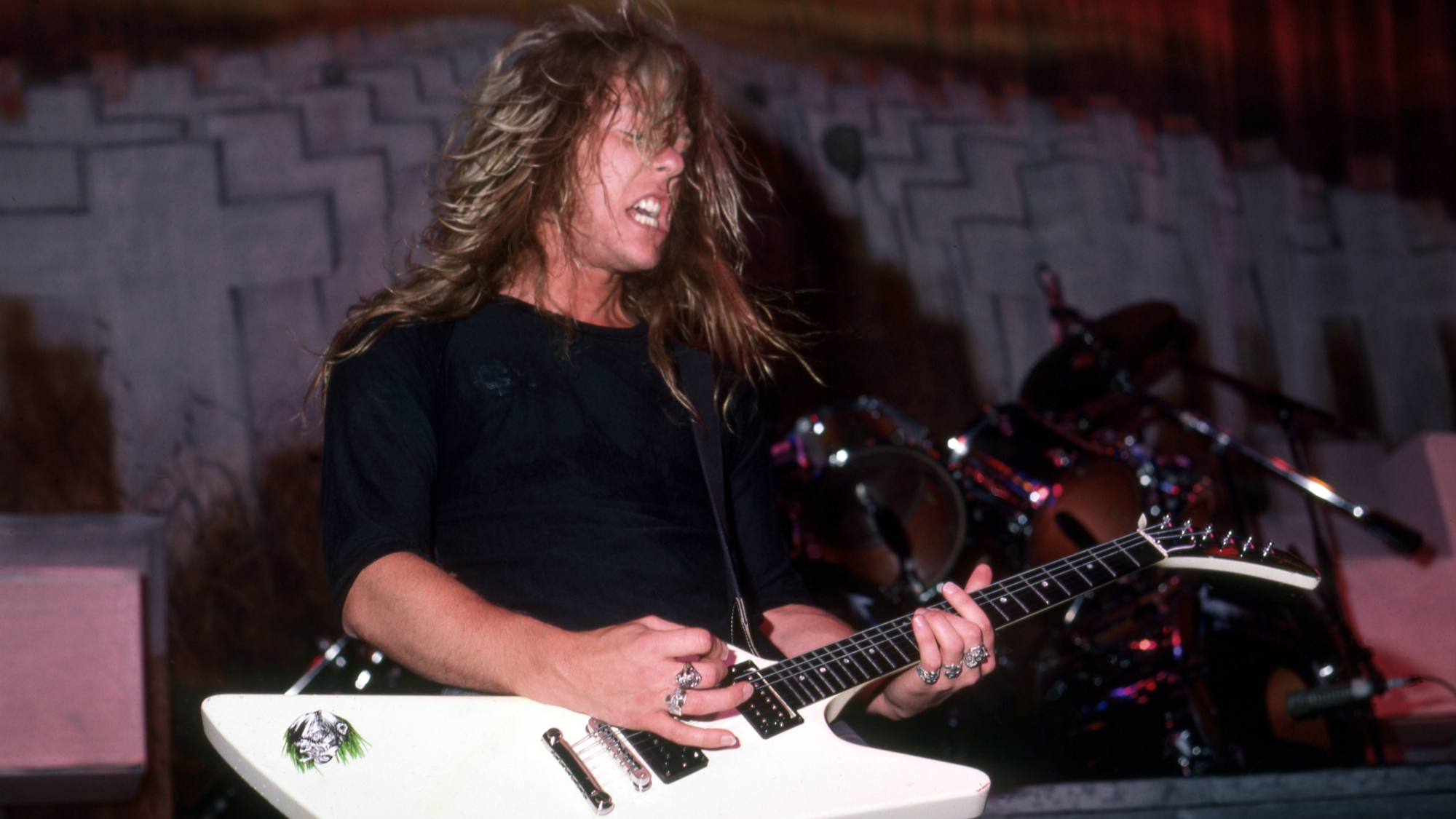
![Joe Bonamassa [left] wears a deep blue suit and polka-dotted shirt and plays his green refin Strat; the late Irish blues legend Rory Gallagher [right] screams and inflicts some punishment on his heavily worn number one Stratocaster.](https://cdn.mos.cms.futurecdn.net/cw28h7UBcTVfTLs7p7eiLe.jpg)
